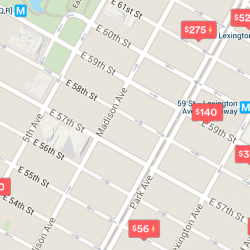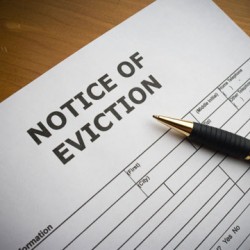Is Illegal Subletting Putting Your Property At Risk?
The last few years have seen explosive growth in illegal subletting, with the main driver being the increasingly mainstream adoption of short term rental sites like airbnb.com. Airbnb and its ilk, while disrupting the entire hotel industry, are also impacting hosts (people that rent or sublet their home through the rental sites), their guests, other tenants in the building, property managers, and, in some cases, even entire cities – cities where housing crises are made more acute with housing stock taken off the market and converted into unregulated hotels.




